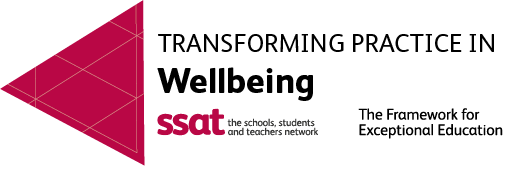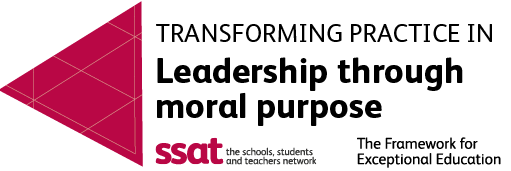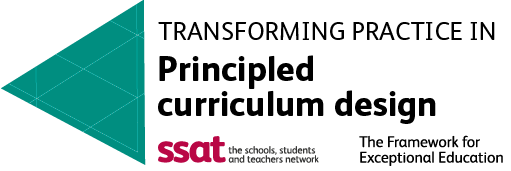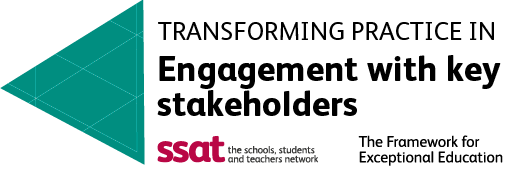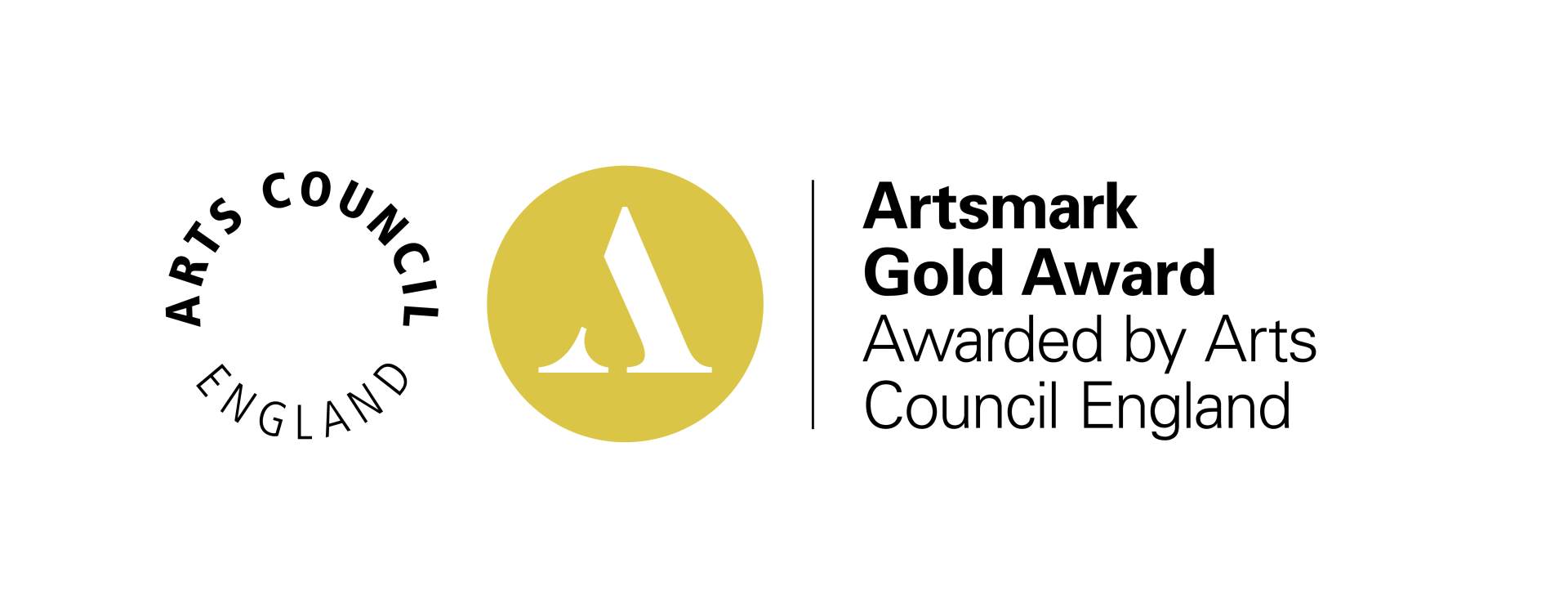Religious Studies (A Level)
|
Course Specification |
|
|
Subject Specific Entry Requirements |
Grade 5 in Religious Studies; Grade 5 in English Language. In addition to the general entrance requirements. |
|
Costs Associated with this Course |
Students are requested to provide their own stationary including folders and dividers, and to purchase a textbook at £25. A trip to the RS Sixth Form Conference in Manchester to hear the philosopher Peter Vardy is planned (depending on numbers) - estimated cost will be £30, to include tickets and travel. |
Is this the right course for me?
Embarking on A Level Religious Studies offers an exciting opportunity to explore and debate a broad spectrum of pivotal topics, including the nature of God or gods, concepts of life after death, the challenges posed by scientific advancements, and the fundamental role of religion in society. You will engage with essential philosophical issues, such as arguments for the existence of God, the problem of evil and suffering, religious experiences and language, miracles, and the nature of the self.
This course is aptly titled ‘Philosophy, Ethics, and Religion’ because it not only imparts knowledge but also cultivates critical thinking skills. If you have a passion for addressing the profound philosophical and ethical questions that have intrigued thinkers throughout history, this course is tailored for you
Our subject is distinctive and rewarding. We welcome students with curious minds who wish to enhance their debating skills and articulate their opinions while being open to exploring diverse perspectives. If you are eager to engage in thoughtful discussions and consider complex ideas without necessarily accepting them, we would love to have you join us.
How will you be assessed?
Component 1: Philosophy and Ethics:
Written exam: 3 hours, 100 marks (50% of A-level)
Component 2: Study of religion and dialogues:
Written exam: 3 hours, 100 marks (50% of A-level)
What will I study?
In the A Level Religious Studies course, you will explore the intriguing realms of philosophy, ethics, and religion.
In Philosophy of Religion, you’ll tackle fundamental questions about the existence of God through the Design, Ontological, and Cosmological arguments. You’ll critically analyse the problem of evil, examining responses like Hick’s soul-making theodicy and the free will defence. The study of religious experiences will lead you to investigate encounters with the divine and the challenges of verification. You will also debate the complexities of religious language and explore varying views on miracles, as well as the concepts of self, death, and the afterlife.
In Ethics and Religion, you’ll engage with normative ethical theories such as deontological, teleological, and virtue ethics, applying them to contemporary issues like abortion, euthanasia, and animal rights. You’ll delve into meta-ethics, exploring differing views on morality, including Divine Command Theory and Utilitarianism. The course will also examine free will, moral responsibility, and the role of conscience in decision-making from both religious and non-religious perspectives.
In the study of religion and dialogues, you will explore the heart of Christianity, examining its beliefs, teachings, values, and practices in individual lives and communities. You’ll engage critically with the Bible, uncovering diverse interpretations and its authority across Christian traditions. Delve into essential questions about God’s nature, the significance of Jesus, and the meaning of life and the afterlife.
You'll also analyse the dialogue between Christianity and philosophy, assessing how philosophical thought influences religious belief and ethical teachings. Through engaging debates and critical analysis, this course will deepen your understanding of faith and its relevance in today’s world, offering an exciting exploration of Christian belief and practice. This course is a thought-provoking journey for those eager to explore profound questions about existence, religion and morality!
How will this course support my future plans?
Taking A Level Religious Studies will equip you with essential critical thinking and analytical skills that enhance academic success. The course engages students with complex philosophical, ethical, and theological questions, fostering the ability to articulate and evaluate diverse perspectives. This intellectual rigor prepares them for university courses in fields such as theology, philosophy, law, and any other Humanities degrees, where such skills are invaluable.
In addition to academic growth, A Level Religious Studies promotes strong communication skills. You will learn to express their ideas clearly and persuasively in both written assignments and discussions, which is crucial for success in higher education and various careers. Those pursuing degrees in law, psychology, education, or social work will find that these skills empower them to engage in meaningful conversations about diverse beliefs and values.
Moreover, studying Religious Studies impacts personal development and worldview. By exploring ethical dilemmas and moral principles, students gain the empathy and understanding necessary to navigate life's complexities. This foundation helps them make informed decisions and contribute positively to society. Ultimately, A Level Religious Studies enriches academic profiles and prepares students for thoughtful engagement with the world, making it an excellent choice for those considering courses in public policy, community development, or global studies at university.
Student thoughts:
“Religious Studies is the only subject that enlightens you on the world today. It is definitely the most interesting subject I do at sixth form.”“Religious Studies is a subject like no other. Not only does it educate me, it teaches me to be a better person. It is definitely a subject of deep thought and understanding."



 Safeguarding
Information
Safeguarding
Information
